Your Kitten’s First Vet Visit: What to Expect and How to Prepare
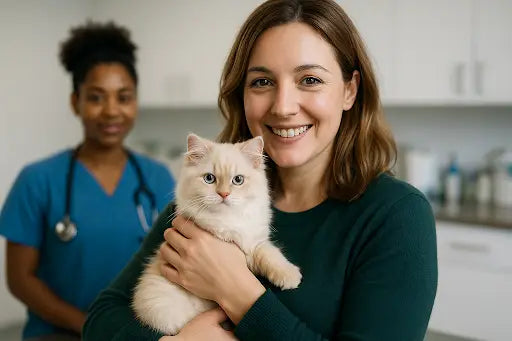
Bringing a kitten home is a mix of cuddles, curiosity, and careful planning. One of the most important early steps in your journey together is the first visit to the vet.
Even though your Purebred Kitties kitten has already received veterinary care before arriving, this appointment helps establish a relationship with your local vet and ensures your kitten is adjusting well in their new home.
Here’s how to prepare, what to bring, and what to expect during this first visit.
When Should You Schedule the Vet Visit?
We recommend booking your kitten’s vet appointment within 72 hours of arrival. This timing supports your adoption agreement and gives you peace of mind that your kitten is off to a healthy start.
A few important reminders:
-
Wait until they’ve settled. If your kitten is still adjusting or seems stressed, avoid scheduling vaccines or procedures too quickly. Stress from travel and change can impact their immune system.
-
Watch their behavior. Keep an eye on appetite, energy, and litter habits. If anything seems off—such as vomiting, diarrhea, or excessive hiding—contact your vet before the scheduled visit.
Pro tip: If you know your kitten’s arrival date in advance, book the vet visit ahead of time to avoid delays.
What to Bring With You
Being prepared helps the visit go smoothly. Here’s what to pack:
-
Health certificate from your kitten’s original vet
-
Vaccination records (including FVRCP and rabies, if already administered)
-
Microchip number or registration paperwork
-
Your questions, observations, or concerns
-
A cozy blanket or favorite toy for comfort in the carrier
Small familiar items can help your kitten feel more secure during travel and while waiting at the clinic.
What Happens During the Appointment
Most first visits follow a familiar rhythm. Your vet will focus on building a foundation for long-term care while checking your kitten’s current condition.
Here’s what the visit typically includes:
-
Full physical exam — eyes, ears, heart, lungs, weight, and overall development
-
Vaccination plan discussion — timing for final boosters based on age and adjustment
-
Parasite prevention — advice on deworming and flea or tick treatments
-
Fecal test — recommended to screen for internal parasites
-
Microchip scan — to ensure your kitten’s chip is active and properly registered
Routine checks help identify concerns early, especially in kittens who are still developing immunity and adapting to new environments.
Helpful Questions to Ask Your Vet
Feel free to bring a written list of questions. Your vet is there to help and no topic is too small. Here are a few to get you started:
-
When should I book the final round of vaccines?
-
What’s the best food for my kitten’s age and breed?
-
Are there any local risks I should know about (fleas, ticks, viruses)?
-
Is pet insurance or a wellness plan a good idea?
-
Should I keep my kitten indoors or introduce outdoor play eventually?
Asking now builds your confidence and helps create a care plan that works for your family and your kitten.
Quick Pre-Visit Checklist
Before heading out, double-check these essentials:
-
Confirm appointment time and clinic address
-
Pack vaccination and health records
-
Prepare a secure, padded carrier
-
Note any behavior changes or concerns
-
Bring a soft toy or blanket for comfort
-
Write down your questions
And don’t forget to give yourself a few extra minutes to get out the door—especially if this is your first vet trip with a pet.
After the Visit: A Quiet Return Home
The first visit can be a lot for your kitten, even if everything goes perfectly. Once you’re back:
-
Let them rest in a quiet room
-
Offer soft praise, a treat, or a favorite toy
-
Update your microchip registration if needed
-
Review your vet’s recommendations and keep records in a safe spot
This is a big milestone in your journey together. You’re doing great.
Final Thoughts
Your kitten doesn’t need you to have all the answers. They just need your presence, your patience, and a plan to keep them healthy and safe.
This first vet visit is a simple, important step that sets the tone for a lifetime of care. And if you ever feel unsure or overwhelmed, you’re not alone—Purebred Kitties is here to walk with you every step of the way.
Next up, we’ll share how to recognize common kitten health signals, from harmless quirks to signs it might be time to call the vet.
Let me know if you’d like SEO meta details or internal linking suggestions for this post.



























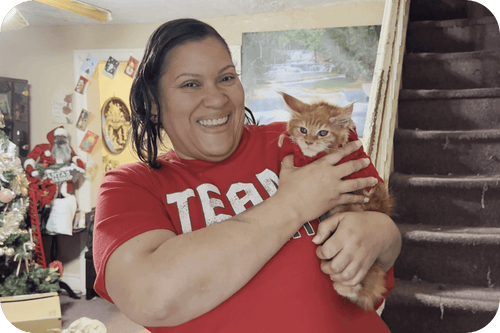





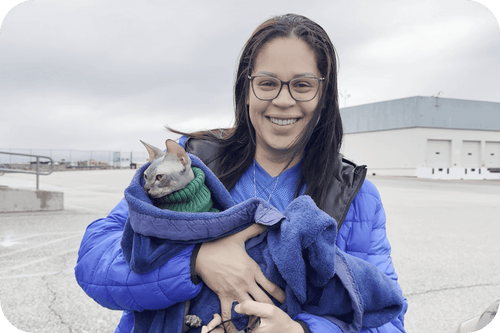


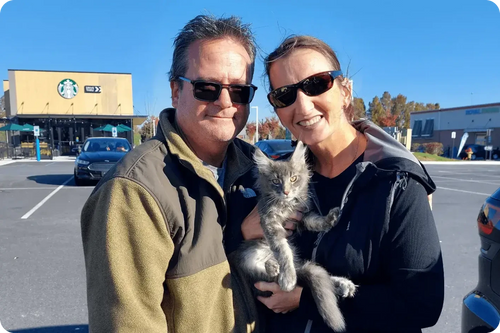



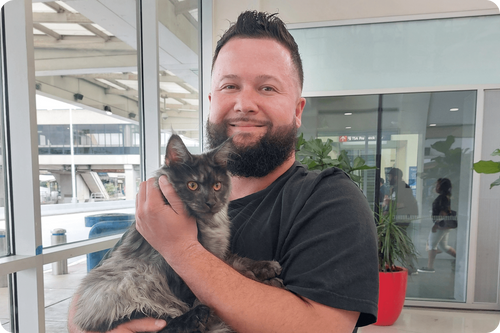












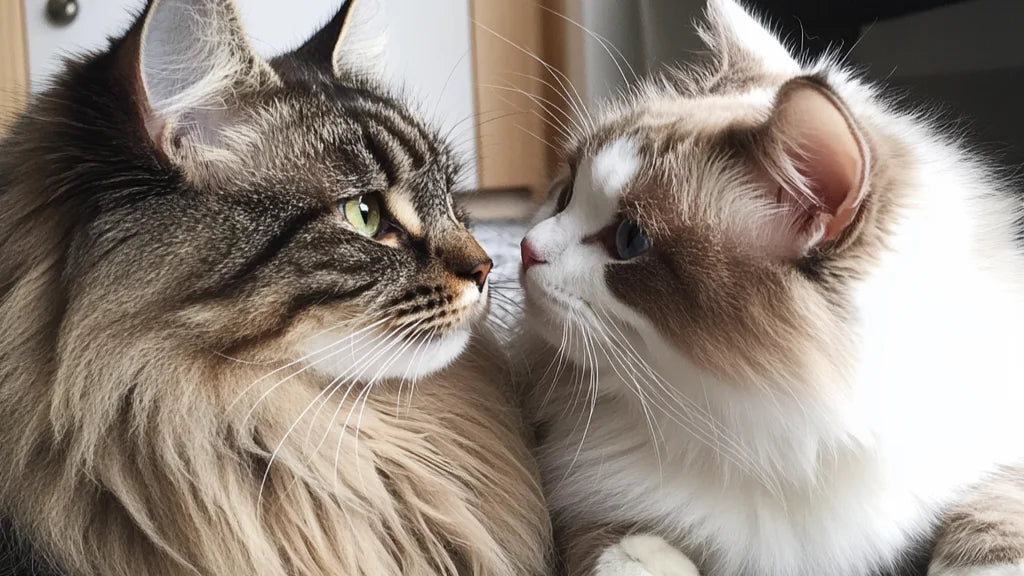







Comments(0)